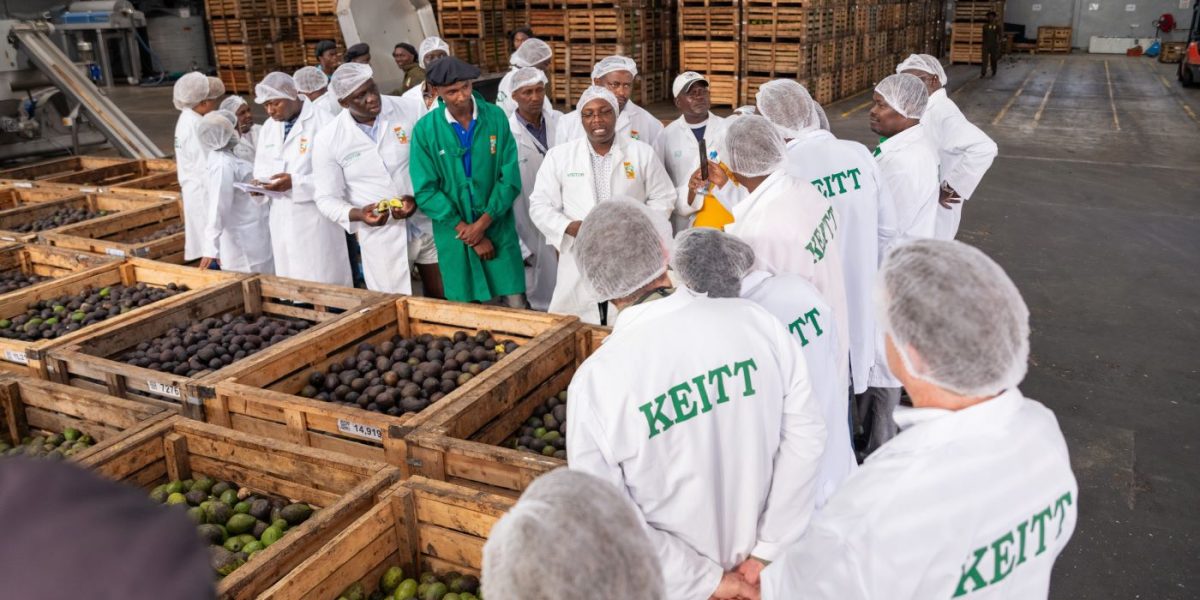The 4th International Phytosanitary Conference occurred in Nairobi from September 18-21, 2023. The event was organized by Kenya Plant Health Inspectorate Service (KEPHIS) in partnership with USAID-ERRA, the Centre for Agriculture and Bioscience International (CABI), and the Centre of Phytosanitary Excellence (COPE). By bringing together experts and stakeholders from the government and private sector in key horticulture export value chains, it not only raised awareness of key issues related to plant health and sustainable trade but also fostered collaboration and knowledge-sharing to develop practical solutions that benefit agriculture, trade, and the well-being of communities in the region and beyond. More specifically, some of the key issues discussed included:
- Phytosanitary Concerns: Phytosanitary measures encompass regulations and procedures designed to prevent the introduction and spread of harmful pests. The focus on addressing these concerns is vital due to the adverse impacts of pests on various critical aspects, including climate change, plant production, trade, and national growth and development. Additionally, addressing phytosanitary concerns helps facilitate trade by ensuring that products meet the required health and safety standards, thereby reducing trade barriers.
- Climate Change Mitigation: Pests profoundly impact agriculture, and their unchecked spread can exacerbate the challenges posed by climate change. By addressing phytosanitary issues, the conference contributes to climate-smart agriculture, promoting more resilient practices to changing environmental conditions.
- Knowledge Sharing and Collaboration: The IPC serves as a platform for National Plant Protection Organizations (NPPOs) and stakeholders in agricultural trade to come together and exchange knowledge and experiences. Such collaboration fosters mutual learning and strengthens the capacity of countries to address common challenges.
Field visits to various production sites during the conference provided practical insights into how phytosanitary measures are implemented. The attendees visited [MS1] Ngong Veg Limited, also known as the Pest Free Place of Production, in Kajiado, Kakuzi and Keitt Exporters Limited in Murang’a, which focus on avocado production and packaging respectively, Penta Flowers for cut flower production, and Dudutech Limited, which specializes in the multiplication of biological control agents. This firsthand experience was invaluable for attendees, helping them understand effective strategies and best practices. A key focus of the ERRA program will be to strengthen the capabilities of NPPOs to develop robust phytosanitary systems and infrastructure, which will help with providing more effective services to agriculture exporters for SPS certification, inspection, and compliance as well as contribute to national and global growth and development.

